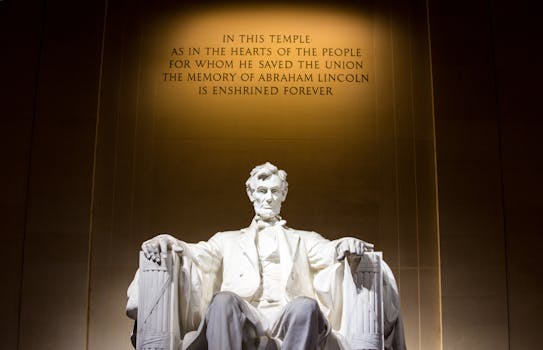World Leaders Extend Condolences Over Death of Iranian President Ebrahim Raisi

The sudden death of Iranian President Ebrahim Raisi has sent shockwaves through the international community. Leaders from around the world have expressed their condolences, highlighting the significant impact Raisi had on both domestic and international politics. This article delves into the reactions from global leaders, the implications for Iran, and the broader geopolitical landscape.
Global Reactions to Raisi’s Death
President Ebrahim Raisi, who took office in August 2021, was a controversial figure known for his hardline stance on various issues. Despite this, his death has elicited a wave of condolences from leaders across the globe, reflecting the complex nature of international relations.
Statements from Major World Leaders
- Joe Biden, President of the United States: “While we had our differences, I extend my deepest condolences to the people of Iran. This is a time for unity and reflection.”
- Vladimir Putin, President of Russia: “President Raisi was a strong leader who played a crucial role in our bilateral relations. His passing is a significant loss.”
- Emmanuel Macron, President of France: “We mourn the loss of President Raisi and extend our sympathies to his family and the Iranian nation.”
- Xi Jinping, President of China: “President Raisi was a key partner in our efforts to strengthen ties between China and Iran. His legacy will be remembered.”
Implications for Iran
The death of President Raisi leaves a significant void in Iran’s political landscape. Known for his conservative policies and close ties with the Supreme Leader, Ayatollah Ali Khamenei, Raisi’s absence could lead to a period of uncertainty and potential power struggles within the Iranian government.
Potential Successors
Several names have been floated as potential successors to Raisi. These include:
- Mohammad Bagher Ghalibaf: The current Speaker of the Parliament, known for his pragmatic approach.
- Ali Larijani: A seasoned politician with extensive experience in both legislative and executive branches.
- Eshaq Jahangiri: The First Vice President, who has been a key figure in the administration.
The selection of a new president will be closely watched by both domestic and international observers, as it will have significant implications for Iran’s future policies and its role on the global stage.
Geopolitical Impact
Raisi’s death comes at a critical time for Iran, which is grappling with numerous challenges, including economic sanctions, regional conflicts, and the ongoing negotiations over its nuclear program. The international community is keenly aware of the potential ramifications of this leadership change.
Impact on Nuclear Negotiations
One of the most pressing issues is the future of the Joint Comprehensive Plan of Action (JCPOA), commonly known as the Iran nuclear deal. Raisi’s administration had taken a hardline stance in the negotiations, and his death could either open the door for more conciliatory approaches or further entrench hardline positions, depending on his successor.
Regional Stability
Iran plays a pivotal role in the Middle East, and any changes in its leadership can have ripple effects throughout the region. Countries like Saudi Arabia, Israel, and the United Arab Emirates will be closely monitoring the situation, as it could impact regional alliances and conflicts.
Conclusion
The death of Iranian President Ebrahim Raisi marks a significant moment in both Iranian and global politics. As world leaders extend their condolences, the focus now shifts to the future of Iran’s leadership and its implications for international relations. The coming weeks and months will be crucial in determining how Iran navigates this period of transition and what it means for the broader geopolitical landscape.
In summary, while Raisi’s death is a moment of mourning, it also presents an opportunity for reflection and potential change. The international community will be watching closely, hoping for stability and positive developments in a region that has long been fraught with tension.




